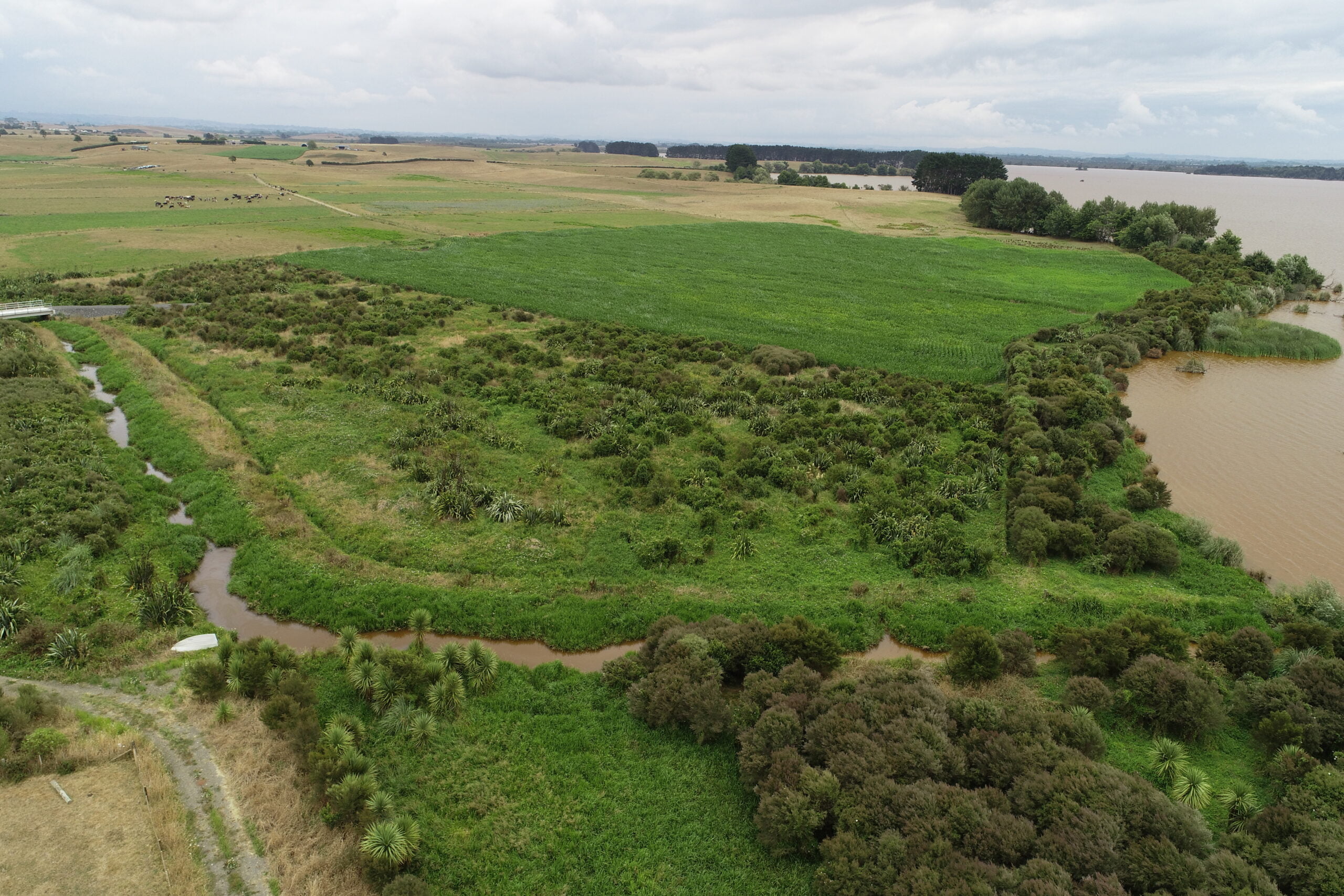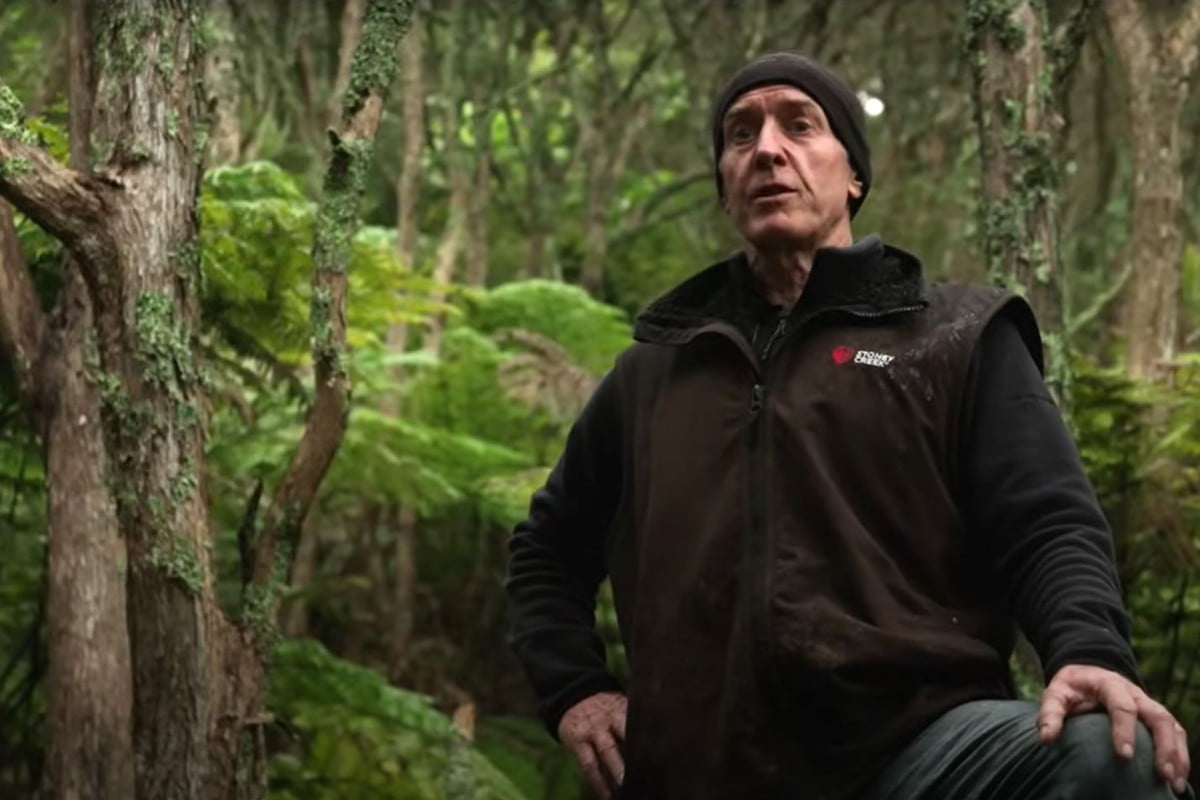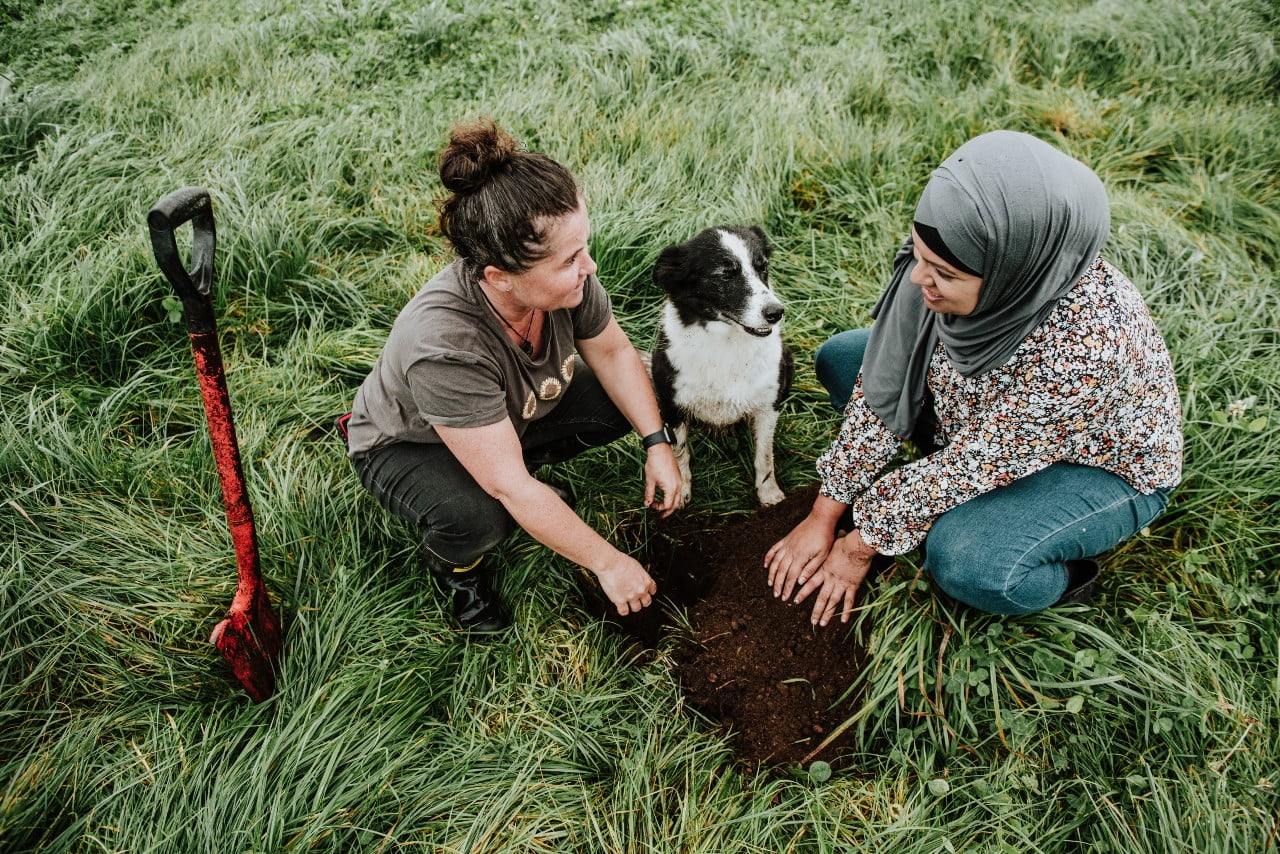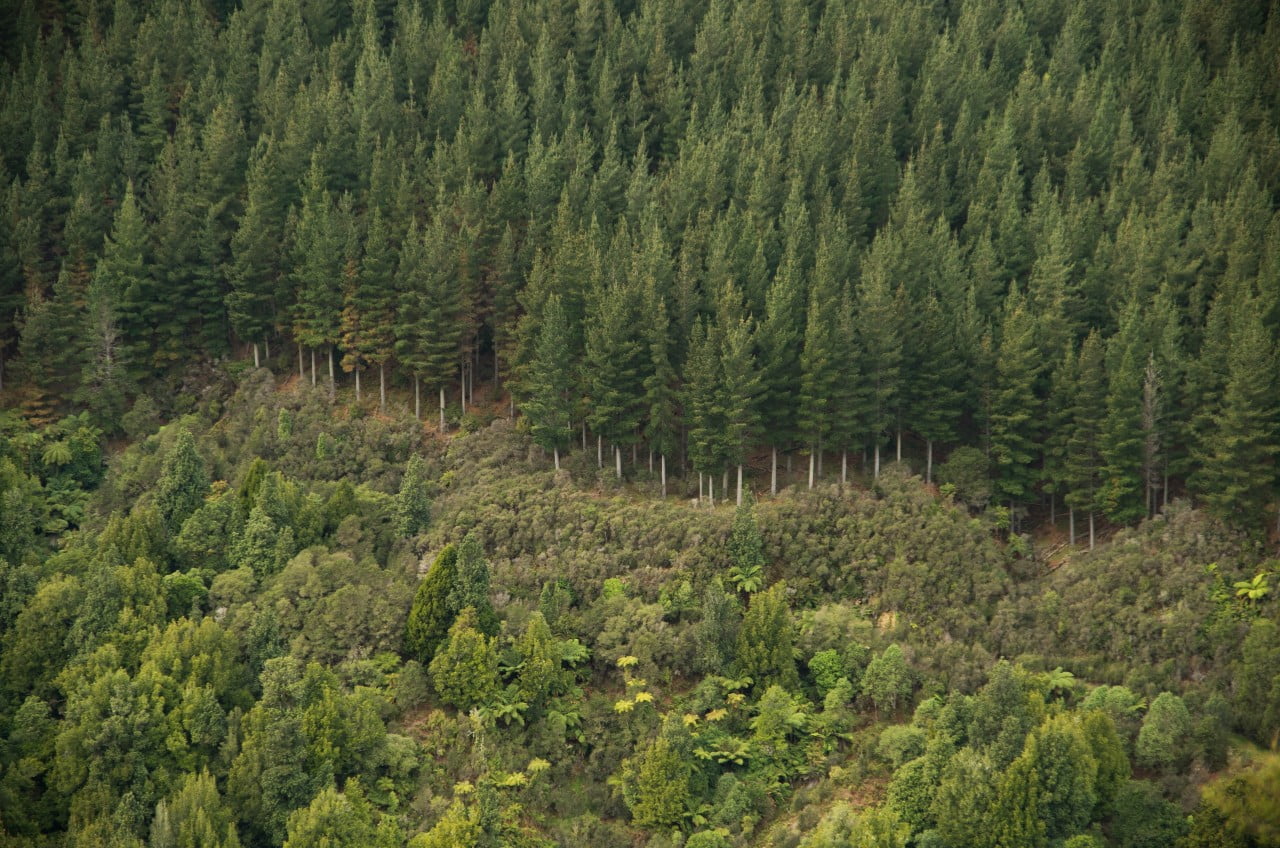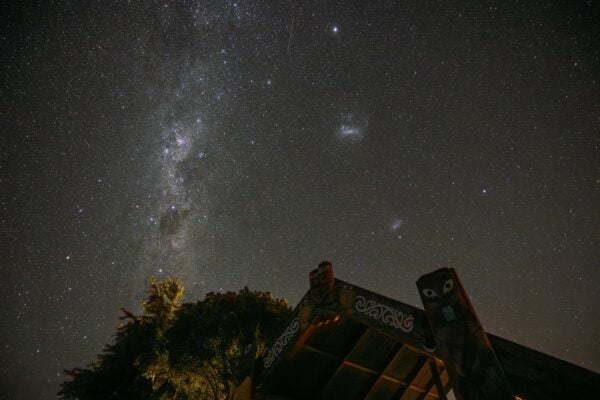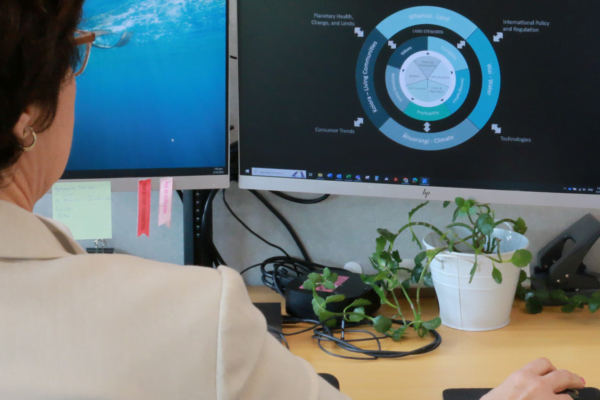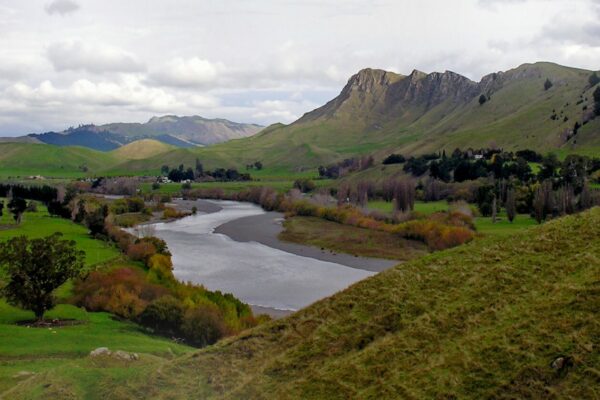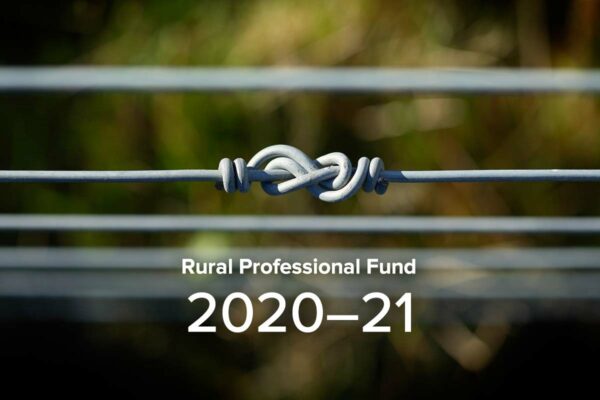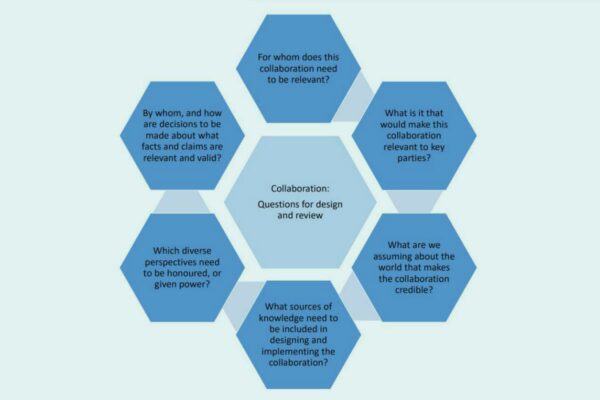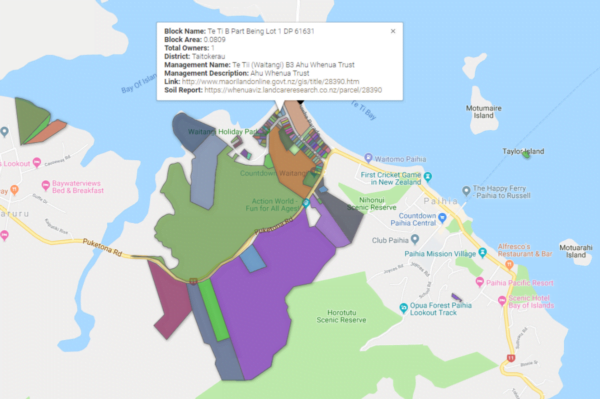Land-Use Scenarios for Nikau Farm
What land uses would provide long-term sustainability for the Nikau whānau and the Taiao in their rohe?
Project Details Ngā taipitopito
Collaborators Ngā haumi
EcoQuest Education Foundation | ESR | Manaaki Whenua | Nikau Estate Trust | University Of Canterbury | Waikato Regional Council
What are we doing?E aha ana mātou?
This project aims to identify the long-term consequences of land-use changes working with Nikau Farm as a case study.
The Nikau Estate Trust’s farm is a 90ha Māori-owned farm adjacent to Lake Waikare in the lower Waikato, one of the most polluted lakes in Aotearoa. Over the past five years, Nikau Farm has changed its intensive dairy farming system into a rotation of corn, watermelon, and dairy, and has transformed significant areas of productive land into native vegetation. Additional land-use changes in the future may include the transition of land into solar farming.
This project aims to create a systems-based map to identify the potential impacts and benefits of land-use and management changes, with outcomes demonstrated or quantified by evidence and mātauranga-based knowledge.
How can the research be used? Ka pēhea e whai take ai te rangahau?
- Working with Nikau Estate Trust farm as a case study, this research aims to identify long-term consequences of land-use changes.
- Researchers will create a map that identifies all the potential land uses and land management options for Nikau Farm, and their environmental, economic, social, cultural, and economic impacts and benefits.
- The project team will search recorded scientific and mātauranga evidence for the impacts and benefits of each potential land-use and management change.
- By creating a systems-based map, the research will inform landowners throughout Aotearoa on possible land-use changes that protect or enhance the soil, water, and terrestrial ecosystems, as well as sustaining social, cultural, and economic values.
 View Our Strategy Document 2019 – 2024
View Our Strategy Document 2019 – 2024



